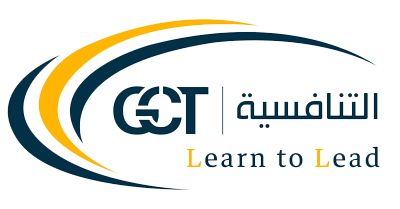
In today’s fast-paced and ever-changing business world, skill development has become crucial for employees. Relying solely on academic qualifications and past experiences is no longer enough. Employees must continuously enhance their skills to keep up with rapid advancements and thrive in their careers. Skill development is a foundational element for any organization aiming to boost efficiency and achieve sustainable success. Here are key reasons why skill development is essential for employees:
1. Keeping Up with Technological Changes
With technology evolving at an unprecedented rate, skills that were relevant yesterday may not suffice today. Continuous skill enhancement enables employees to stay current with technological advancements, allowing them to adapt to digital transformations in the workplace seamlessly.
2. Boosting Efficiency and Productivity
When employees are equipped with new skills and tools, they can perform tasks more efficiently. Training on effective techniques and cutting-edge methodologies reduces the time needed to complete tasks and enhances the quality of output, leading to increased productivity across the organization.
3. Expanding Career Advancement Opportunities
Employees who invest in skill development increase their chances for promotions and leadership roles. Employers value continuous growth, and a commitment to self-improvement is often a key factor when considering candidates for higher positions.
4. Fostering Innovation and Creative Problem-Solving
Skill development exposes employees to new perspectives and tools, enabling them to think creatively. This, in turn, enhances their ability to devise innovative solutions to workplace challenges, elevating decision-making quality and boosting the organization’s competitive edge.
5. Improving Job Satisfaction and Confidence
Having the right skills to perform tasks effectively boosts employee confidence and job satisfaction. The ability to contribute meaningfully to the organization’s success fosters a sense of accomplishment, leading to stronger workplace engagement and lower turnover rates.
6. Achieving Work-Life Balance
Skill development helps employees manage their tasks and time more effectively, contributing to a better work-life balance. Greater efficiency enables them to complete tasks with less effort and time, allowing for a healthier balance between work and personal life.
7. Enhancing Competitiveness in the Job Market
In a highly competitive job market, employees who continuously develop their skills are better positioned to stand out. Lifelong learning signals to employers a commitment to growth, making such employees more attractive candidates.
In summary, skill development is not a luxury but a necessity for employees striving for long-term success. It is an investment that yields benefits for both the individual and the organization, driving the organization’s goals and strengthening its market position.


